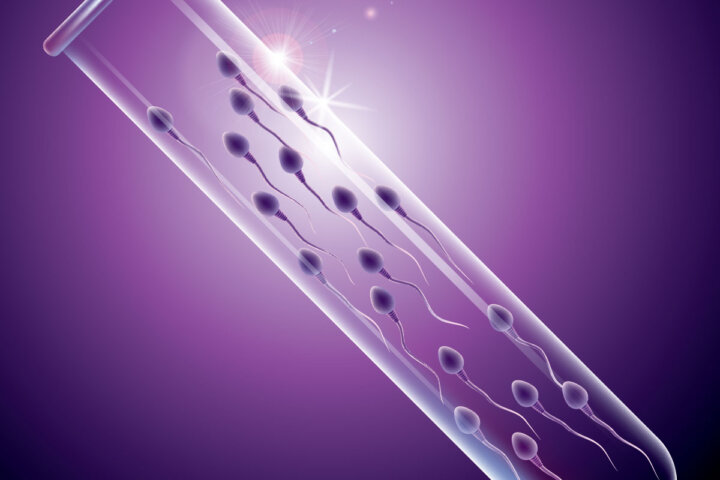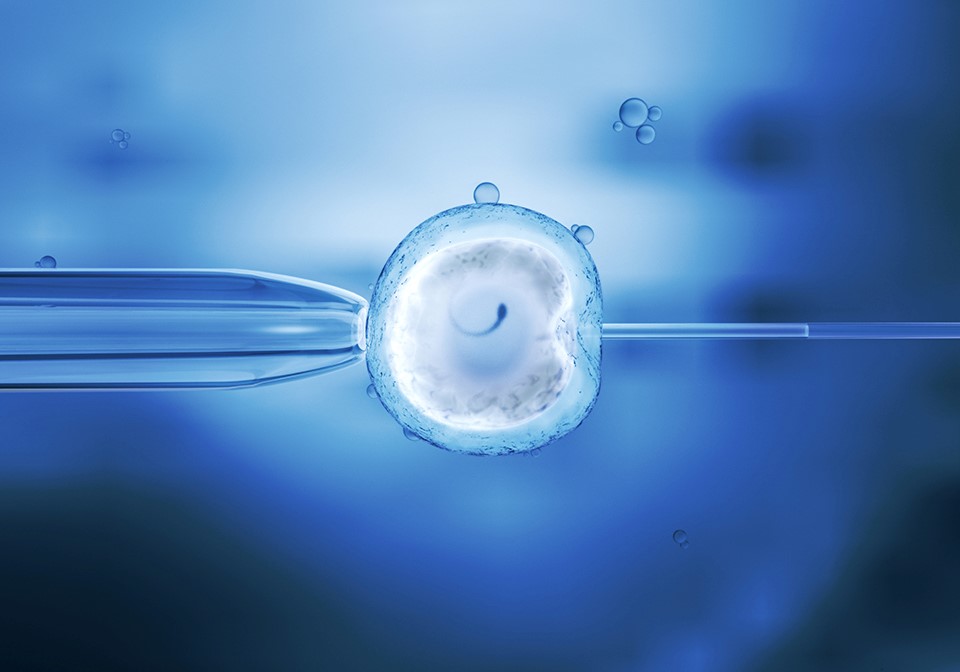Low sperm count, also called oligospermia, significantly contributes to male infertility. In the United States, male infertility affects up to 15% of males trying to conceive. It occurs when your semen carries fewer sperm than normal. Understanding the causes can help identify the right interventions to improve fertility outcomes.
Defining Low Sperm Count
Low sperm count is a condition in which the concentration of sperm in a man’s ejaculate is lower than usual. The World Health Organization defines a “low sperm count” as fewer than 15 million sperm per milliliter of semen. The average range is between 40 million and 300 million sperm per milliliter.
This decline reduces the likelihood of a sperm successfully fertilizing an egg to result in a pregnancy. According to a study, average sperm counts decreased by 1.2% annually from 1973 to 2018, dropping from 104 to 49 million/ml. After 2000, this decline accelerated to over 2.6% per year which is again shocking.
Common Causes of Low Sperm Count
Several factors contribute to a low sperm count. Here’s a breakdown of some of the most common ones:
Medical Conditions
A variety of medical issues can interfere with sperm production or function. Here are some medical factors that can lead to a decreased sperm count:
- Physical factors, such as a varicocele (swelling of the testicular veins), undescended testicles, or tumors
- Hormonal imbalances
- Infections such as STDs (e.g., Chlamydia, Gonorrhea), mumps, UTIs
- Ejaculation issues such as retrograde ejaculation
- Certain medications
- Antibodies that attack sperm
Environmental Factors
The environment around you can play a big role in your reproductive health. Here are some critical environmental factors that can reduce sperm count:
- Exposure to heavy metals or radiation
- Exposure to industrial chemicals at the workplace
- Overheating the testicles (e.g., frequently using saunas or hot tubs)
Health & Lifestyle
Your lifestyle choices can directly impact fertility. Below are some lifestyle factors that commonly affect sperm count:
- Obesity and dietary choices
- Drug and alcohol use
- Smoking cigarettes
- Stress, which interferes with certain hormones needed to produce sperm
Hormonal Imbalances
Hormones regulate nearly every aspect of your health, including fertility. A hormonal imbalance, including the issues mentioned below, can lead to reduced sperm production:
- Pituitary gland issues, such as a tumor (prolactinoma) and decreased gonadotropins (FSH, LH)
- Low testosterone levels
- Disorders of the hypothalamus or adrenal glands
- Use of anabolic steroids or certain supplements
- Thyroid gland disturbances
Diagnosis and Treatment
Recognizing and diagnosing the cause of low sperm count involves comprehensive medical evaluation. It includes a physical examination, hormonal profiling, and multiple semen analyses. Depending on the underlying cause, treatments may vary and include:
Medical Treatments
These can include surgery for varicoceles, medications for hormonal imbalances, and/or treatments for ejaculation issues. There’s also intrauterine insemination (IUI) and intracytoplasmic sperm injection (ICSI) which is helpful in certain cases of infertility issues such as a low sperm count.
Lifestyle Adjustments
Lifestyle changes can significantly impact sperm count. Recommendations typically include quitting smoking, reducing alcohol intake, managing stress, losing weight, and avoiding exposure to excess heat (such as sauna or prolonged hot tub use).
In short, a low sperm count doesn’t necessarily mean you cannot father a child. It’s advisable to consult with a fertility specialist for guidance based on your specific condition. Whatever the treatment involves, each step is a move towards enhancing fertility.
Explore Your Fertility Options with Our Expert Team!
Fertility issues, while challenging, are not insurmountable. Awareness and appropriate medical care are vital in navigating these intimate concerns and moving toward successful parenthood.
If you suspect a low sperm count is affecting your journey towards parenthood, GENESIS is here to assist. With over three decades of experience and a team of top-tier reproductive specialists, we offer comprehensive evaluations and personalized treatment plans.
Explore your fertility options and take control of your reproductive health. Let GENESIS help you achieve your dream of becoming a parent.
If you would like to learn more about GENESIS Fertility New York or are ready to schedule an appointment, please speak with one of our representatives at 929-605-5467.






